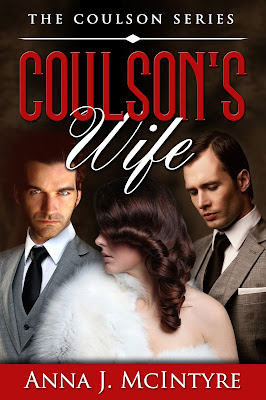Over the weekend one of my writer friends posted a link to a blog where
the blogger listed 30 plus authors who had supposedly purchased fake reviews. My
friend’s name was on the list – and since he had never paid for a review, he
was pissed. There were some big names on that list. Of course, the blogger did
not disclose his/her name nor did he offer up any evidence to support his
damning claim.
This all came about around the same time as Goodreads announcing its
cleanup, by removing nasty rhetoric aimed at authors or reviewers. Goodreads
reminds us: Play nice kids, and stick to reviewing the book.
I won’t post a link to the blogger’s page, because frankly, I have no
desire to spread lies about my fellow authors. Those on the list have
publically denied purchasing reviews, and some are joining forces to wage a
legal war against the blogger.
Yet, even if the authors had paid for a review, who really gives a
crap? I mean really, you don’t think the big publishing houses haven’t paid for
reviews? Grow up kids.
As a reader, I make my purchases by reading the blurb, preview and can
be influenced by the cover. Even recommendations by my friends don’t
significantly impact my choices, because I understand we all have different
tastes. Reviews, in my opinion are simply
additional entertainment - especially those wacky one star reviews where the
reviewer spends so much time searching for cutesy animated gifs to dress up
their petty rants.
I wondered, why does someone like this blogger do this - even if they honestly believe an author
has purchased a review? But, then I remembered when I went to see Woody Allan’s Annie Hall. The only
reason we went to see it was because it walked away with four Oscars, which
included best picture. We figured it had to be a great movie.
My husband and I thought Annie Hall sucked. How could it have possibly won all those awards? After taking a closer look at the selection process, we discovered it was just a big ol’ popularity contest between their peers. We felt robbed! Not only our time, but the price of our tickets, and all the unnecessary calories we consumed in theatre popcorn and candy!
For a brief moment we considered going online and bringing attention to
this atrocity. We didn’t care how ridiculous
we might look to the world; we were determined to bring down those Hollywood
swindlers. But then we remembered….the modern Internet highway hadn’t yet been
built.
In other words nasty bloggers….get a fricking life; would ya.





